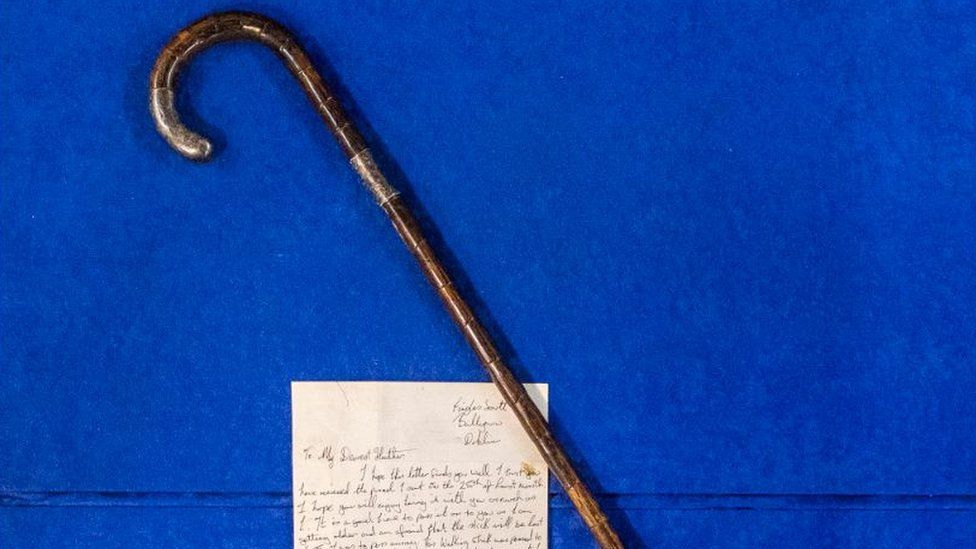| Auteur | |
|---|---|
| geemong | 29 Sep 2021 - 06:40:46 |
| 215 Posts |
Michael Collins' walking stick sells for £52,000 A walking stick owned by Irish republican leader Michael Collins has been sold in Belfast for £52,000, a price five times higher than that expected by auctioneers. Keeping a record of the play xo wallet such as the number of rounds spin and how many spins to get the winnings or bonuses, or how many bonus prizes were released at the time of the rounds, will help tell how the game is. What is the trend direction? The century-old item, which has a silver collar and tip, is accompanied by a letter of provenance. On Monday evening, the bidding stood at £8,200, just shy of the expected selling price of £10,000. It was among a series of historical lots going under the hammer. Police files tracking Collins' activities during Ireland's War of Independence were also being auctioned at Bloomfield Auctions in east Belfast. 'Unremarkable' Auctioneer Karl Bennett said he was "absolutely shocked" at the price the stick sold for and "delighted" for the owner. "[He was] jumping around the room listening to the auction, shouting and yee-hawing and woo-hooing," he said. "All sorts, both him and his wife. They just had absolutely no idea." The stick had been held by a private collector for the past 42 years and Mr Bennett said his client felt it was time to see the stick go into the right hands, especially coming up to 100 years since Collins' death. He confirmed the stick had sold to an institution in the Republic of Ireland and, while he could not reveal their identity, he was confident the stick would go on public display. Museums and private collections had expressed an interest in the walking stick before it went up for auction on Tuesday afternoon. Prior to the auction, Mr Bennett said a politician in Cork had asked the Irish government to buy the rosewood stick. Who was Michael Collins? One of the major figures who brought about Ireland's independence from Britain and the partition of the island into what would become Northern Ireland and the Republic of Ireland. He led the Irish Republican Army (IRA) during the War of Independence with Britain, which lasted from January 1919 until July 1921. His leadership came to be known for his use of guerrilla tactics by the vastly outnumbered rebel forces. During peace talks with Britain in 1921, he led a delegation which negotiated and agreed the Anglo-Irish Treaty, which would create an independent Irish Free State. The treaty also confirmed the partition of Ireland. |

